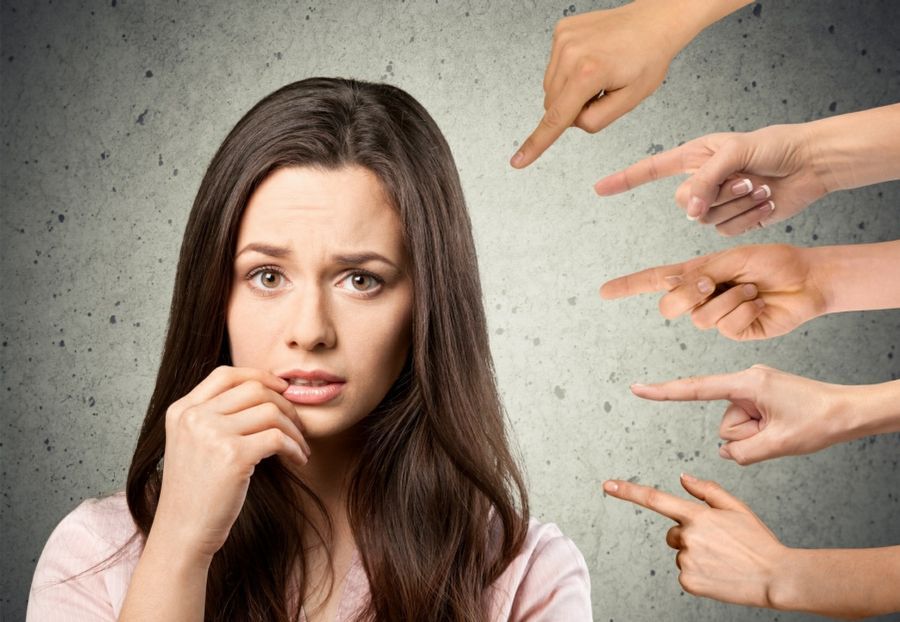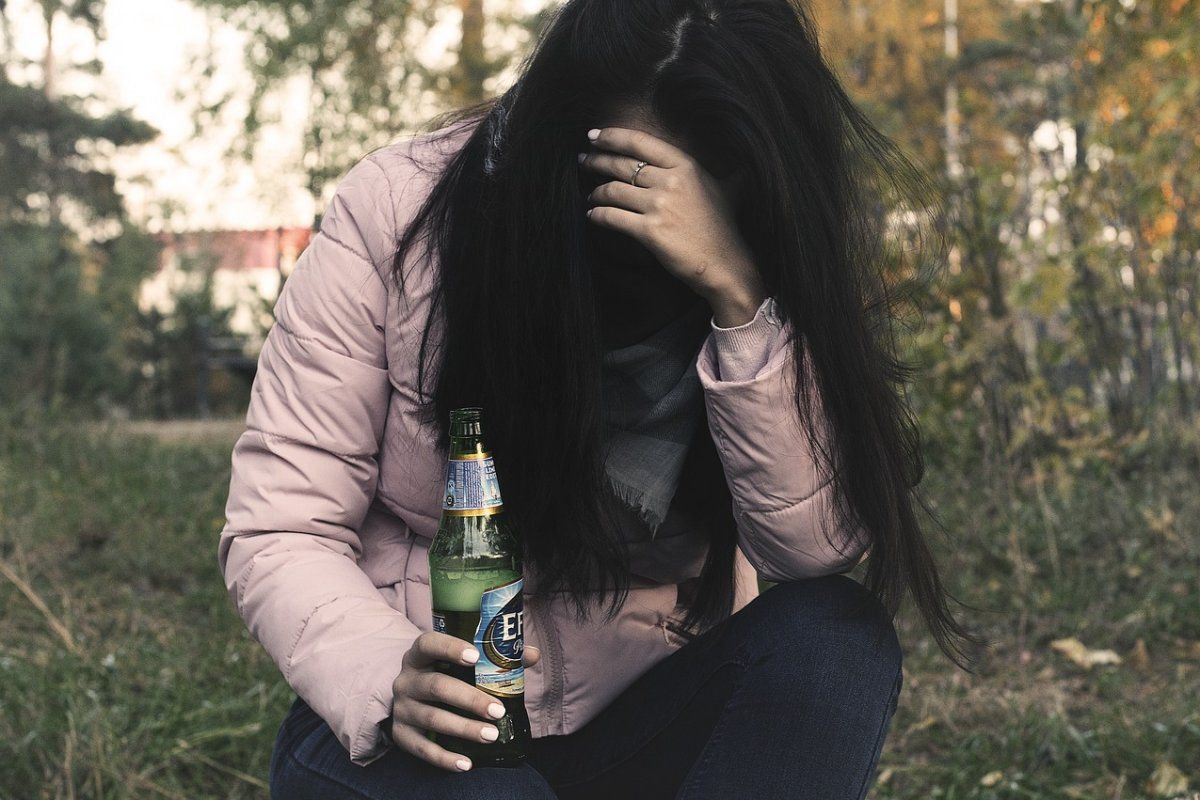Distress in Social Interactions: Those with social anxiety often find it challenging to engage in conversations, make eye contact, or initiate social interactions. This can hinder their ability to form and maintain relationships or even carry out everyday tasks where human connection is required. Example: Deciding to do all your shopping online so you don’t have to risk running into someone you know, or having to converse with the cashier.
What is Social Anxiety?
Beverley Stewart • October 8, 2023
What is Social Anxiety?

Social anxiety is a deeply challenging and often misunderstood condition that can have a profound impact on individuals' lives. It's not just about feeling nervous in social situations; it's about the constant, overwhelming fear of judgment, rejection, or humiliation. This fear can be so intense that it becomes a barrier to pursuing one's dreams, forming meaningful connections, and experiencing life to the fullest.
Social Anxiety in Action
Social Anxiety (also called Social Anxiety Disorder (SAD) or Social Phobia) is an intense fear of being judged, or rejected by others, causing avoidance of social situations. This avoidance could also be in performance situations where they may be negatively evaluated. If these situations can’t be avoided, individuals will experience feelings of intense distress. Being in these anxiety triggering situations can lead to panic attacks in some situations. The sad and frustrating thing about social anxiety is that those who experience it, usually realise that their fears are not logical and have little factual basis. Nevertheless, those with social anxiety will feel they have no control over this intense fear, and they feel powerless to move past it.
Often those with social anxiety will worry excessively that they may be acting or appearing to be anxious in social situations. This could include outward symptoms like blushing, sweating, shaking, or struggling to find words etc. There are very real physical symptoms that may occur such as nausea, shallow breathing, and chest pains. (Read more about “How Anxiety Affects the Body” here.) Sufferers fear they will be judged as stupid, clumsy, or boring. To avoid this, those with social anxiety will avoid situations that they fear will trigger them. Unfortunately, this can become a dysfunctional coping mechanism that impacts their quality of life.

Prevalence
Social anxiety disorder is one of the most common anxiety disorders in Australia. It is estimated that around 10% of the Australian population will experience social anxiety at some point in their lives. Social Anxiety is second after Specific Phobias in terms of the most commonly diagnosed anxiety disorder. Social anxiety can affect people of all ages but often begins in adolescence or early adulthood. During teenage years, it’s often ignored by parents and care givers as they may consider it simply childhood shyness. Research shows social anxiety is more common in females than males, and that the number of people affected is growing!
The Impact of Social Anxiety
Social anxiety can have considerable negative outcomes for individuals, and these can be long term if not addressed. Social anxiety can turn a person’s world upside as they struggle to manage their fears, maintain their dignity, and lead a normal life. Every day routines become limited, work performance deteriorates, and engagement with the community, family and friends diminishes. Research also shows that social anxiety can lead to alcohol and drug use, as well as an increased risk for development of depression.
Social anxiety can significantly restrict people in various aspects of their lives. Below are some areas that can be detrimentally affected:
Isolation: Many people with social anxiety isolate themselves from others as a coping mechanism. They may withdraw from social events and spend excessive amounts of time alone, which can lead to loneliness and depression. Example: Spending Christmas Day alone because you’ve become estranged from family and friends for fear of being judged by them.
Physical Health Issues: Remaining isolated from others can lead to a sedentary lifestyle. Keeping active is difficult to maintain without the involvement of others as there may be no motivation. If other mental health issues such as depression are also present, physical health will not be prioritized and this can lead to considerable health problems. Example: Not engaging in sport, going to the gym or getting physical active, can lead to weight gain and consequential cardiac issues.
Mental Health Issues: Social anxiety often co-occurs with other mental health conditions such as depression, generalized anxiety disorder, or panic disorder, which can compound the challenges people face. Example: Having no friends or support networks can lead to feelings of hopelessness and depression.
In The End
Living with social anxiety can feel like being trapped in a never-ending cycle of self-doubt and avoidance. It can lead to missed opportunities, loneliness, and a persistent feeling of isolation. It's crucial that we recognize and support people facing social anxiety. They need our compassion and understanding.
If you’re experiencing social anxiety – you’re not alone. Many of us are facing the same fears. But there are ways to change this. There are supportive friends, family members, and mental health professionals who can walk this path with you. Your dreams, aspirations, and the life you wanted for yourself - are all within reach. You have the power to break free from the chains of social anxiety and embrace a future filled with genuine connections, personal achievements, and the happiness you deserve.
To find out more about Anxiety Counselling click here, or go to Contact Page to make an enquiry.

New Paragraph















